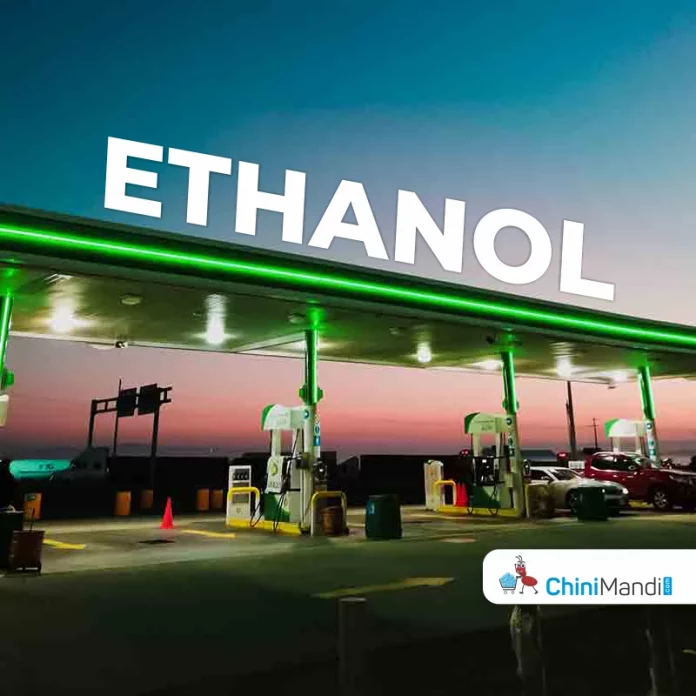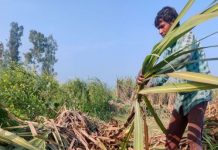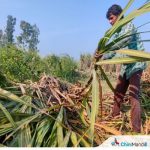In a meeting in London, Global Sugar Alliance members celebrated the positive contribution of the sugarcane industry to sustainable global food and energy security. They acknowledged the role of ethanol, derived from sugarcane, as an environmentally friendly alternative to fossil fuels and and renewed their call for all countries to fix the World Trade Organization (WTO).
Members welcomed India’s ethanol programme and acknowledged the major contribution the programme is making to India meeting its international emissions reduction commitments.
Members also called on WTO Ministers to agree a fully and well-functioning dispute settlement system and strengthen the rules-based global trading system at the WTO’s upcoming (February 2024) 13th Ministerial Conference.
Greg Beashel, Global Sugar Alliance Chairman and Queensland Sugar Limited (QSL) Managing Director, said, “Sustainable food and energy production is a major focus for the sugarcane industry globally. Reforming the WTO multilateral trading system is the best way to support sustainable production, raise living standards, improve lives and livelihoods and protect the environment.”
Brazil – Leo Amaral, UNICA’s Legal Director, said, “We are committed to the production of quality sugar and biofuels in an environmentally and socially responsible manner. The sugar industry is playing a significant role in bolstering global energy stability through the production of renewable and sustainable biofuels, specifically through co-generation of electricity and the production of ethanol.”
Canada – Sandra Marsden, President, Canadian Sugar Institute, said, “Eliminating subsidies and tariffs in international agricultural trade is essential for achieving a sustainable and climate-resilient global food system.”
Colombia – Claudia Calero, Chief Executive Officer, Asocaña, said, “By efficiently harnessing the sun’s energy sugarcane is a sustainable source of food and renewable fuel that is contributing to emissions reduction’”
Guatemala – Jean Paul Brichaux, ASAZGUA’s Manager International Trade, said, “The World Trade Organization (WTO) has been a catalyst for change. Curbing the export of excess subsidised sugar world trade rules have helped transform the world sugar market. To ensure the ongoing predictability and security of the global trading system, further change is required. Reinstatement of the WTO Appellate Body must be a priority.”
India – Aditya Jhunjhunwala, President, Indian Sugar Mills Association said, “India is well on its way to achieving the target of 20% of ethanol blending by 2025. With the right policy support, we will be able supply higher blending and emissions reduction targets beyond 2025.”
Thailand – Vibul Panitvong, Chairman of the Executive Board, Thai Sugar Millers Corporation, said “The sugarcane industry is working to improve environmental outcomes and reduce climate pressures. These efforts will be enhanced by an unsubsidised, open trading system that enables countries to take full advantage of their comparative advantages.”












